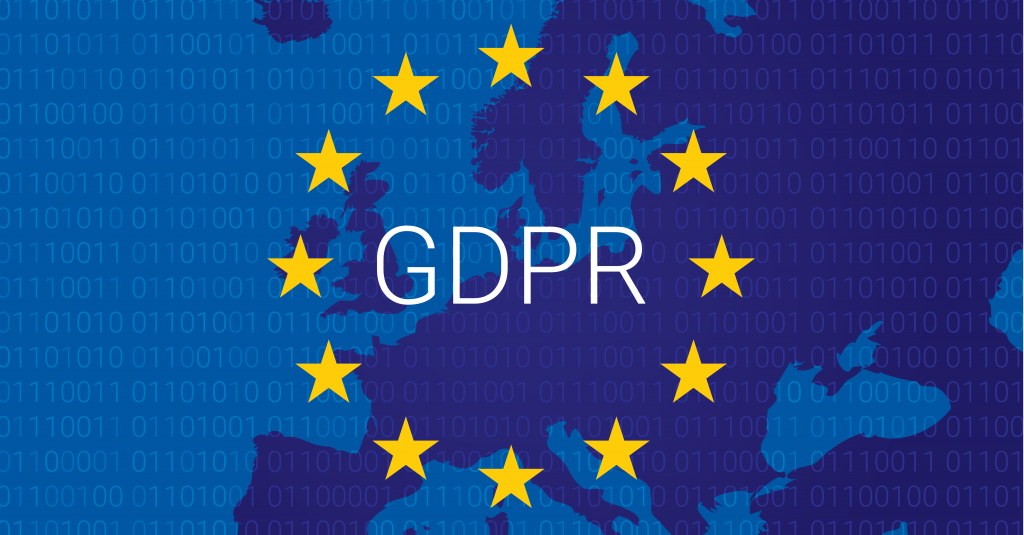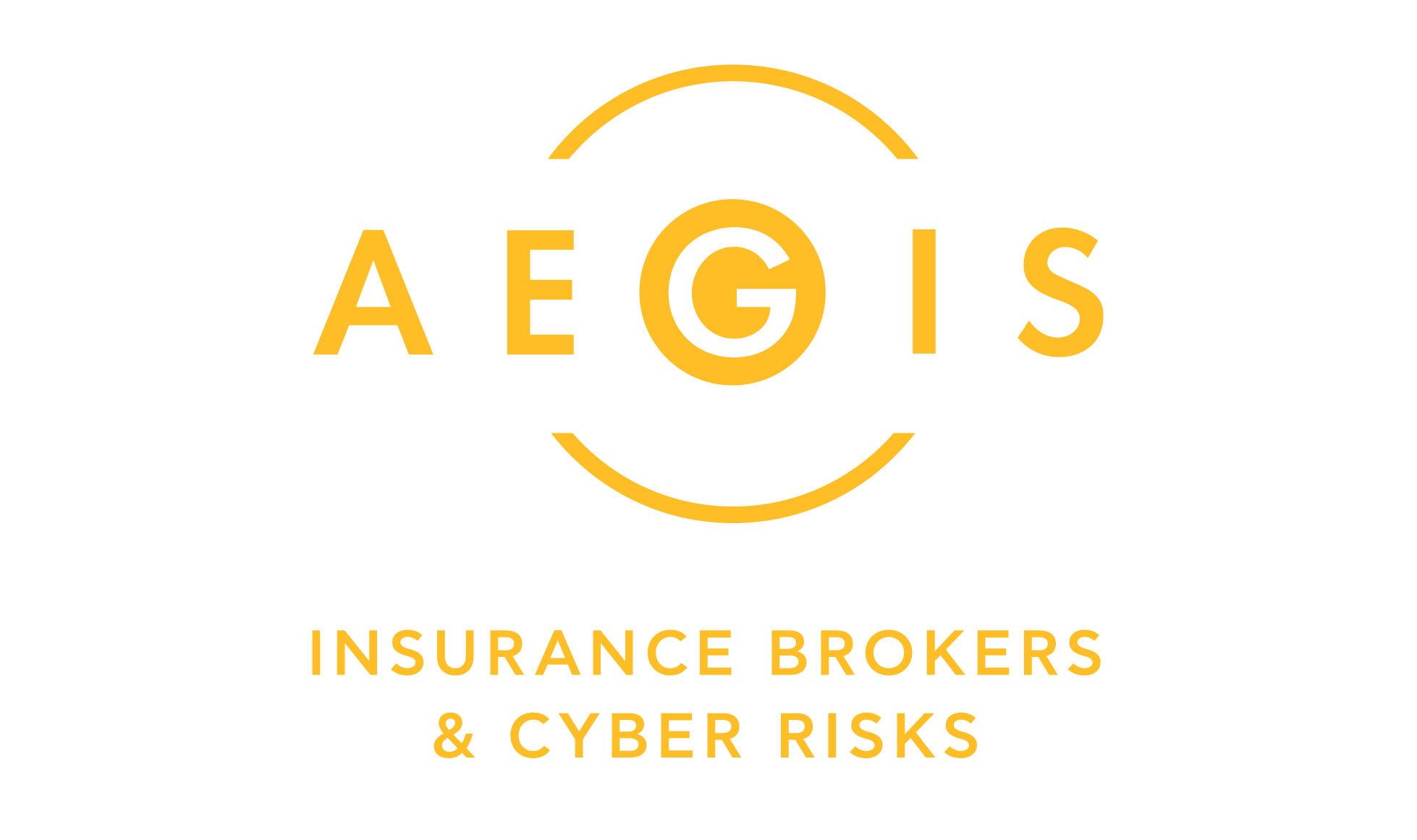

AEGIS - GDPR: Analyze, Limitation, Documentation, Accountability.
Start In Use:
AegisField Of Application:
GDPRControls and Penalties:
The Authority for the Protection of Personal Data is granted the right to control compliance with the Regulation. In case of violation, fines of 10,000,000 euros or 2% of the total annual annual turnover of the previous financial year (depending on which is higher) are provided for violations of the obligations of Art. 8, 11, 25 to 39, 41 par. , 42 and 43 and fines of 20,000,000 euros or 4% of the total global turnover of the previous financial year (depending on which is higher) for violations of basic principles (no. 5,6,6,7,9), Subject rights (art. 12 to 22) and the conditions for transfer to a recipient in a third country (art. 44 to 49). Finally, the right to compensation of the subject and the responsibility of the controller are defined.
- INCREASED RIGHTS OF THE SUBMITTED DATA
- INSPIRATION OF CHILDREN'S PROTECTION
- KNOWLEDGE OF PRODUCTION OF DATA OF PERSONAL CHARACTER
- DATA PROTECTION BY DESIGN AND BY DEFAULT
- RESPONSIBILITY OF THE CONDITIONS OF THE COMPLETION PROCEDURE OF THE SUBMITTED DATA
- REPLACEMENT OF ANTIQUE RELATED TO THE PROTECTION OF THE DATA
- ARCHIVES OF ACTIVITY ACTIVITIES
Observance of the Principles Governing the Regulation
The new regulation strengthens the established framework for the protection of personal data, establishing new obligations for the person in charge of personal data processing with 3 main axes: compliance with predetermined basic principles for processing personal data, taking appropriate technical and organizational measures and strengthening rights. of the subjects as they are presented in detail below:

Lawfulness, Fairness & Transparency
The data is processed in a legal, legitimate and transparent manner.
Data Minimisation
The data is appropriate, relevant and limited to the purposes for which it is being processed.
Storage Limitation
The data is kept in a form that allows the data subjects to be identified only for the period required for the purposes of processing personal data.
Purpose Limitation
Data collection is for specific, explicit and legal purposes and is not further processed in a manner incompatible with those purposes.
Accurasy
The data must be accurate, up-to-date and all reasonable measures must be taken to immediately delete or correct personal data which is inaccurate in relation to the purposes of the processing.
Integrity & Confidentiality
The data is processed in a way that guarantees the appropriate security of personal data.

